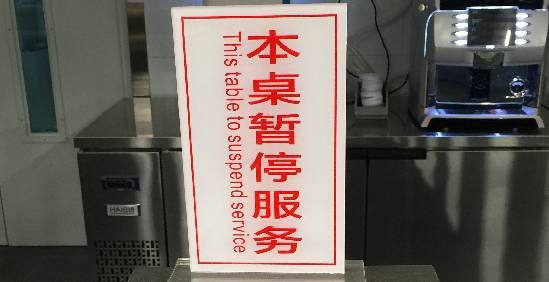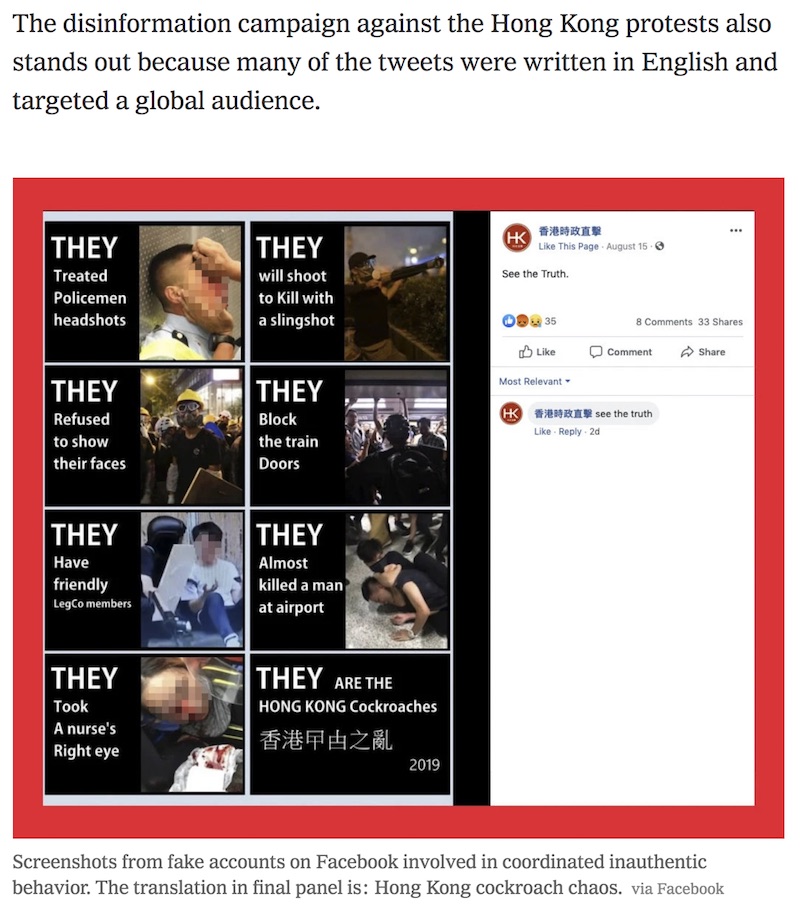Isaac Chotiner, "A Penn Law Professor Wants to Make America White Again", The New Yorker 8/23/2019:
Amy Wax, a professor at the University of Pennsylvania Law School, is the academic who perhaps best represents the ideology of the Trump Administration’s immigration restrictionists. Wax, who began her professional life as a neurologist, and who served in the Solicitor General’s office in the late eighties and early nineties, has become known in recent years for her belief in the superiority of “Anglo-Protestant culture.” […]
Last month, in a speech at the National Conservatism Conference, in Washington, D.C., Wax promoted the idea of “cultural-distance nationalism,” or the belief that “we are better off if our country is dominated numerically, demographically, politically, at least in fact if not formally, by people from the first world, from the West, than by people from countries that had failed to advance.” She went on, “Let us be candid. Europe and the first world, to which the United States belongs, remain mostly white, for now; and the third world, although mixed, contains a lot of non-white people. Embracing cultural distance, cultural-distance nationalism, means, in effect, taking the position that our country will be better off with more whites and fewer non-whites." […]
During our conversation, which has been edited for length and clarity, Wax expounded on her beliefs that people of Western origin are more scrupulous, empirical, and orderly than people of non-Western origin, and that women are less intellectual than men. She described these views as the outcome of rigorous and realistic thinking, while offering evidence that ranged from two studies by a eugenicist to personal anecdotes, several of which concerned her conviction that white people litter less than people of color.
Read the rest of this entry »




